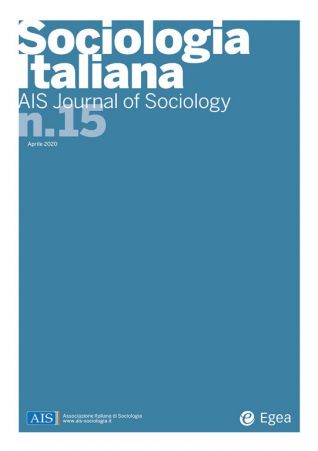AIS
2020/15
Assessing the quality of argumentation in digital public spheres: a case study from Twitter @debatingeurope, by Fiammetta Corradi
Since the advent of the Internet, the emergence of multiple, decentered and networked-structured digital public spheres (DPS) has raised new questions and posed a variety of challenges to those concerned with the normative Habermasian ideal of rational consensus based on good arguments in democratic public spheres. This paper focuses on the empirical assessment of various dimensions of the «quality» of online public argumentation and proposes a methodology to test various qualitative aspects of online public debates, like the dialogical/mono-logical orientation, the argumentative richness/poverty, the eventual presence of logical and discursive fallacies. To concretely show the implementation of the method, its potentialities and limitations, the outcomes of an analysis carried out on arguments pro and against Europe on the Twitter platform @debatingeurope are displayed and discussed.
Keywords: Analysis of argumentation, Europeanism, Digital public spheres, Twitter, Toulmin
DOI: 10.1485/2281-2652-202015-2
Pagine 39-63
L'ACCESSO A QUESTO CONTENUTO E' RISERVATO AGLI UTENTI ABBONATI
Sei abbonato? Esegui l'accesso oppure abbonati.

